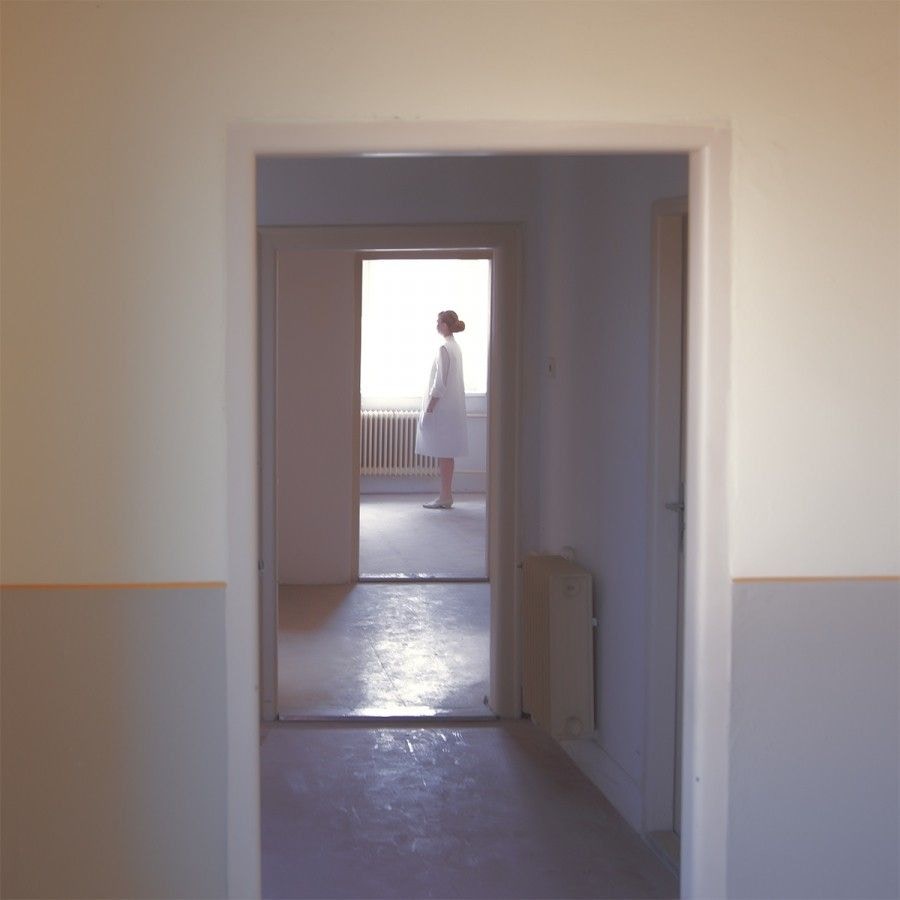
“Sorry for the inconvenience”
Words by D'nae Kingsley-Cronan
I have been discharged twice in my life.
The first time, I was an infant. My Korean adoption papers came with a warning label: possible learning difficulties. The first family who ordered a baby said “no, thank you.”
The second time, I was forty, being discharged from UCLA’s maternal mental health program for being "unable to adequately participate."
Both times, I was inconvenient proof that systems are built for theory, not reality. Both times, I was returned to sender.
The night my firstborn seized, I stood in my driveway screaming. Rain soaking through my bathrobe, belly swollen with twins, my voice cracking against the suburban silence. “HELP! SOMEBODY HELP!”
My almost-two-year-old was inside, ten minutes into a febrile seizure, his face the color of twilight. My husband rode with him in the ambulance while I stood there, dripping, wondering if this was how I’d lose him not even two years into knowing his laugh.
He survived. Of course he survived, or I wouldn’t tell it this way. But standing there, forty years old and pregnant with mono-di twins (same placenta, Google it, then panic), I made a promise to nobody: I will be the mother who handles things.
The universe laughed.


Three months after that driveway scream, the twins arrived. On day three of my hospital stay, just as I was about to be discharged from Cedars-Sinai, my blood pressure spiked. My stay was extended another five days for postpartum preeclampsia. It was there, hooked to magnesium drips, that my doctors identified the parallel crisis in my mind. They told me Cedars had no program for it and gave me a single name: UCLA.
So there I was, three days post-cesarean, tubes everywhere, trying to tandem nurse twins while my body tried to kill me.
“You’re doing great,” the nurses lied.
And now my mind wanted in on the joke.
My postpartum anxiety wasn’t worry. It was a hormonal hijacking. A feeling of being outside my body, watching myself speak and act without being in control. It was standing at the top of the stairs, calculating velocity. It was being unable to drive because I didn't trust my own hands on the wheel.
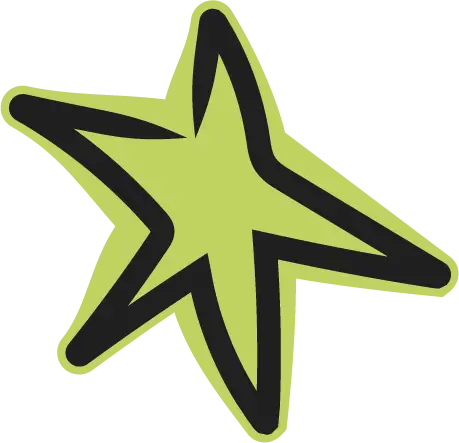
"My postpartum anxiety wasn’t worry. It was a hormonal hijacking. A feeling of being outside my body, watching myself speak and act without being in control. It was standing at the top of the stairs, calculating velocity. It was being unable to drive because I didn't trust my own hands on the wheel."
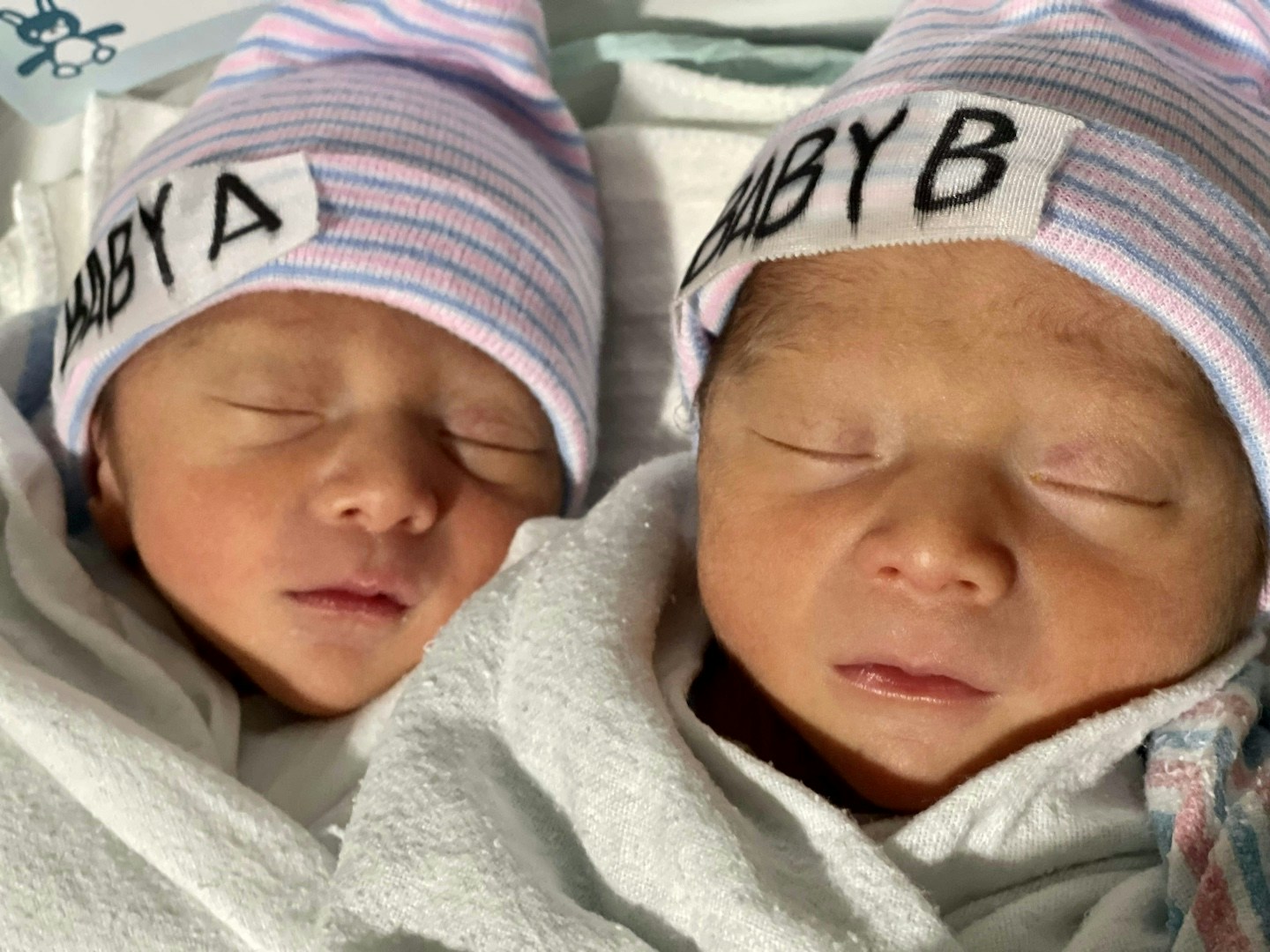
Los Angeles County, home to nearly 10 million people, has exactly one program for a crisis like this: the UCLA intensive outpatient program for perinatal mental health. The golden ticket for broken mothers with golden insurance. I waited weeks for a spot and finally showed up to Zoom sessions with twins attached to my body like external organs.
I kept falling asleep.
Not metaphorically. Literally nodding off mid-session, twins latched, exhaustion so profound it had weight. I’d jerk awake, milk dripping, apologizing.
A few weeks in, the program coordinator called.
“We need to discharge you early.”
“I’m sorry?”
“You’re unable to adequately participate. You keep falling asleep.”
I panicked. Please. I’ll do better. I’ll try harder.
“We have limited spots,” she explained, gentle as a knife. “We need to give yours to someone who can benefit from the program.”
The implication hung there: You’re too sick for the place that treats sick mothers. Like being too dirty for a shower. Too hungry for food.
"The implication hung there: You’re too sick for the place that treats sick mothers. Like being too dirty for a shower. Too hungry for food."
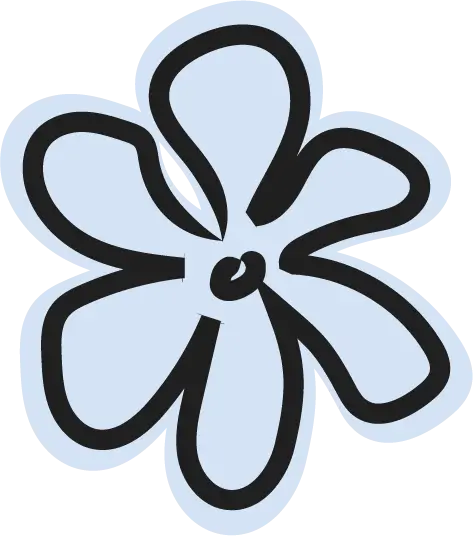
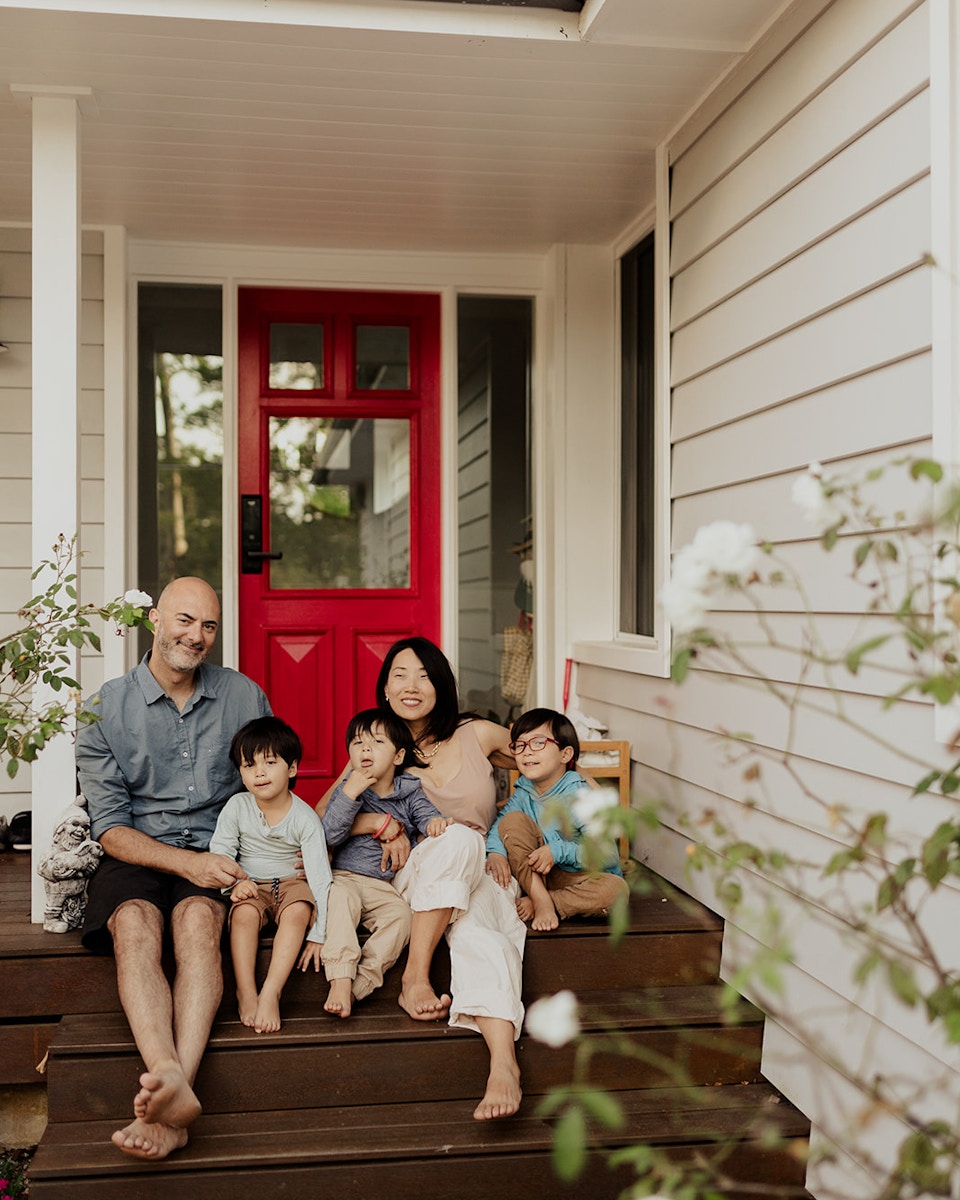

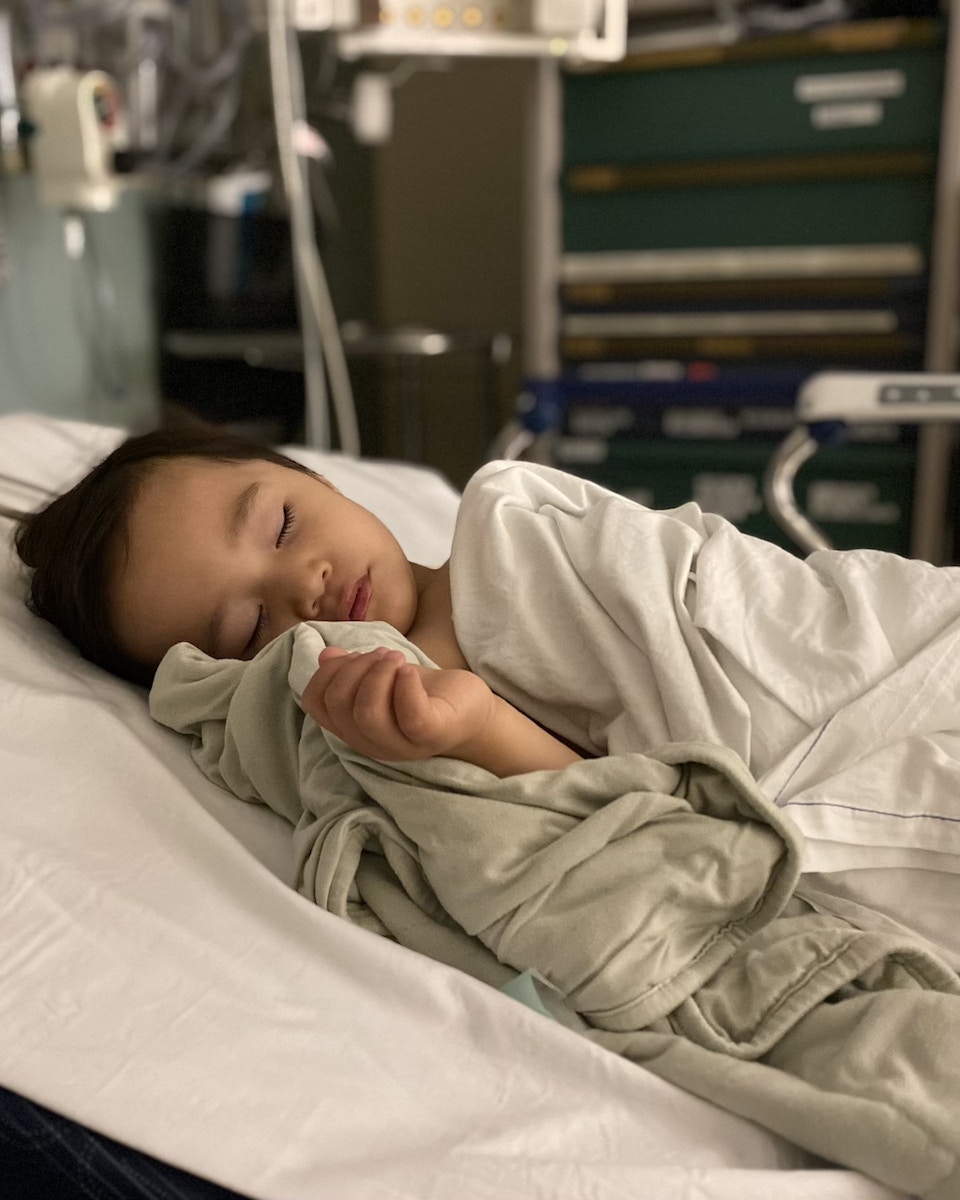
It’s a luxury to have a breakdown on paid medical leave. In the private sector, it's a privilege afforded to only about a quarter of American workers. It was from inside this surreal bubble that Meta delivered news that should have healed something. A promotion—to a senior role so rarely offered to someone on leave that they made sure I understood how valued I was. Even flat on my back, I’d somehow proved my worth.
Two months later, still on leave, the email came. Layoffs. “Thank you for your service.”
The whiplash was exquisite. Promoted for excellence. Terminated for existence. First, medicine said I was too sick to heal. Then, tech said I was too human to keep.
Sorry for the inconvenience.
At a wellness retreat a year later, Dr. Lori Gottlieb asked our group:
“What do you do when you need to break up with your therapist?”
“What if your therapist breaks up with you?” I asked.
The room stopped. Maria Shriver leaned forward.
“Write about it,” she said. “Not for them. For you.”
So here I am. Writing. My story is just another tiny drop, but it adds its salt to the sea.
I’ve spent a lifetime feeling like I have no right to my Korean heritage—a story that began without me. There’s a risk in claiming a culture you’ve only known from a distance. But some truths, I think, are carried in the body. There is a Korean concept, han, a grief so deep it becomes part of your cellular structure. It’s also what makes you impossible to kill. You survive things that should erase you because erasure is your inheritance. You’ve developed immunity.
To my three boys: My inheritance was to apologize for the space I took up in the world. My fight is to turn the weight I carried into the ground you stand on.
To the parents reading this at 3 AM: You’re not too much. You're not failing because you don't care; you're drowning because you care too much. The systems that reject you for your symptoms are practicing medical gaslighting.
And to UCLA’s maternal mental health program: Thank you for existing. As the most prominent intensive maternal mental health program in a county of over 90,000 annual births, you carry an impossible burden. The mother too sick for your help is exactly who intensive treatment must be built to hold. You built something essential. Now fight to build it bigger, broader, and more forgiving.
I survived anyway. Through stubbornness and spite and the kind of love that makes you scream in driveways. Through my own refusal to believe that needing intensive help made me unworthy of receiving it.
I’m done being sorry for the inconvenience of my existence. Done apologizing for being the difficult baby who became the difficult patient.
Still geriatric.
Still anxious.
Still mother to three magnificent chaos agents.
Still here.
Unapologetically, inconveniently, impossibly here.
###
D'nae spent twenty years at Google and Meta building inclusive systems that worked for everyone - until she became a mother and realized every system she needed was fundamentally broken. After emergency c-sections, NICU stays, postpartum anxiety so severe she was discharged from treatment for being "too sick," and eventually being laid off while on medical leave, she understood the problem: these systems weren't designed for the reality of parenthood. byMae is D'nae's answer to every system that treated her reality as an inconvenience. At byMae, they translate the complex science of immunity training and the messy truths of parenthood into thoughtfully designed products that provide confidence, not chaos, giving families more moments together.